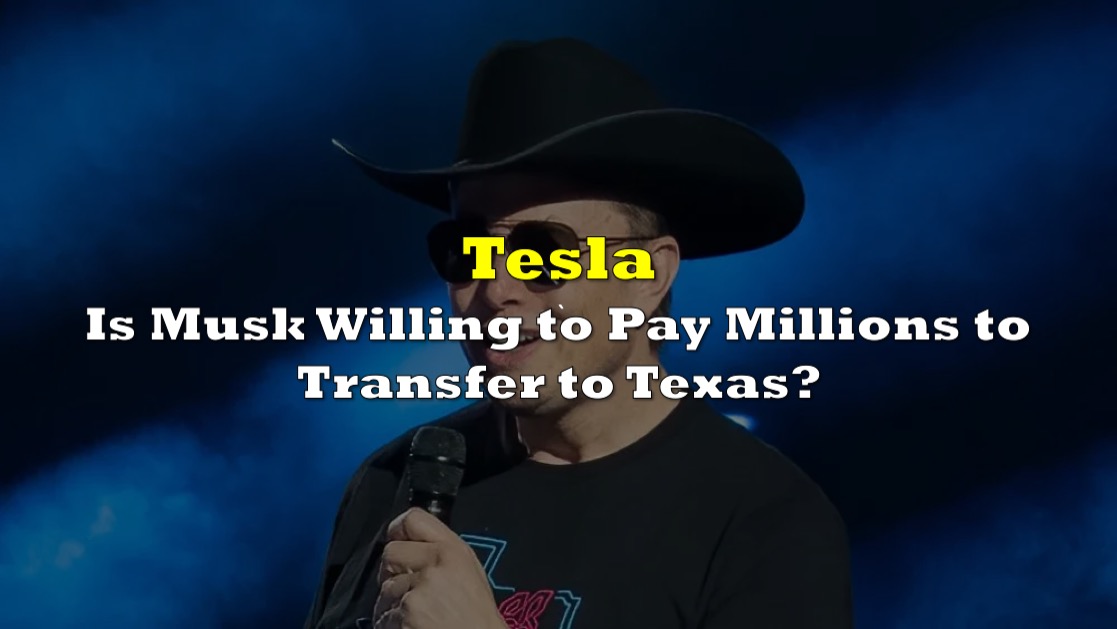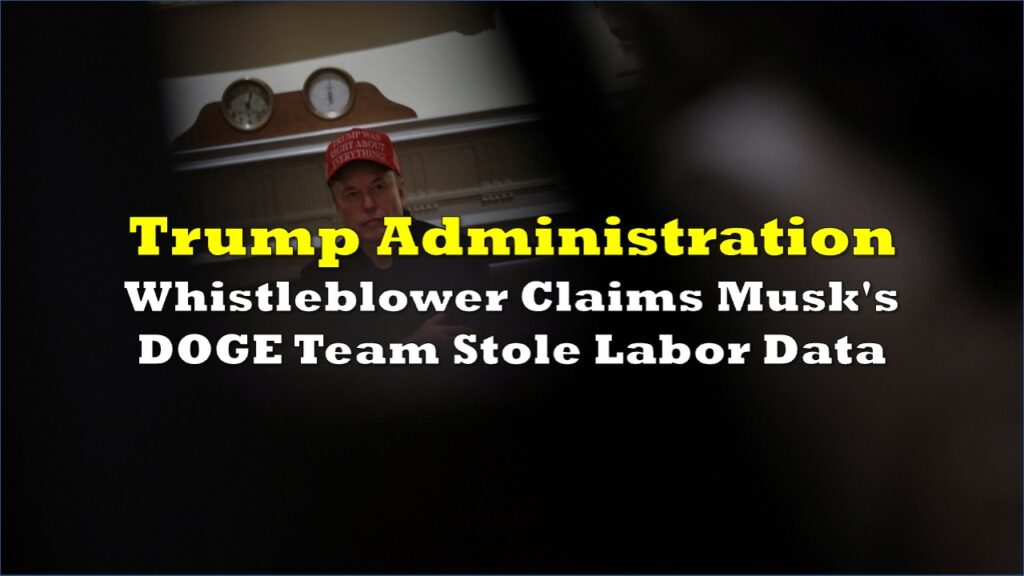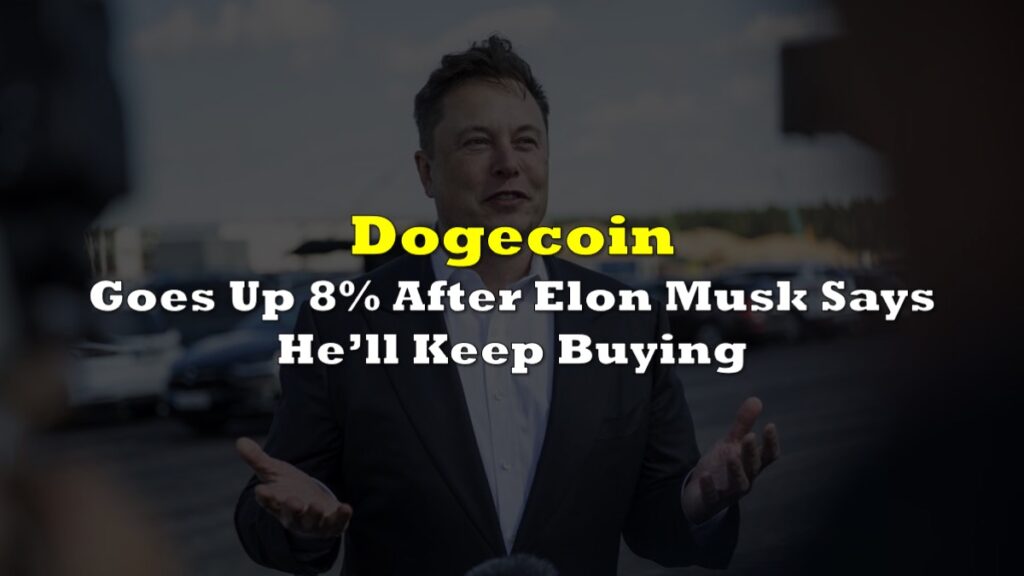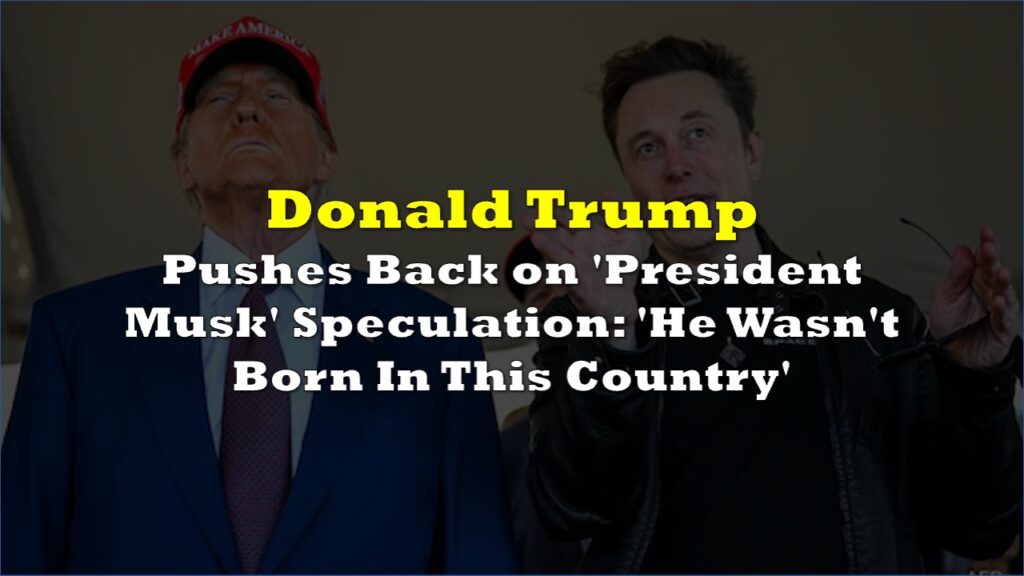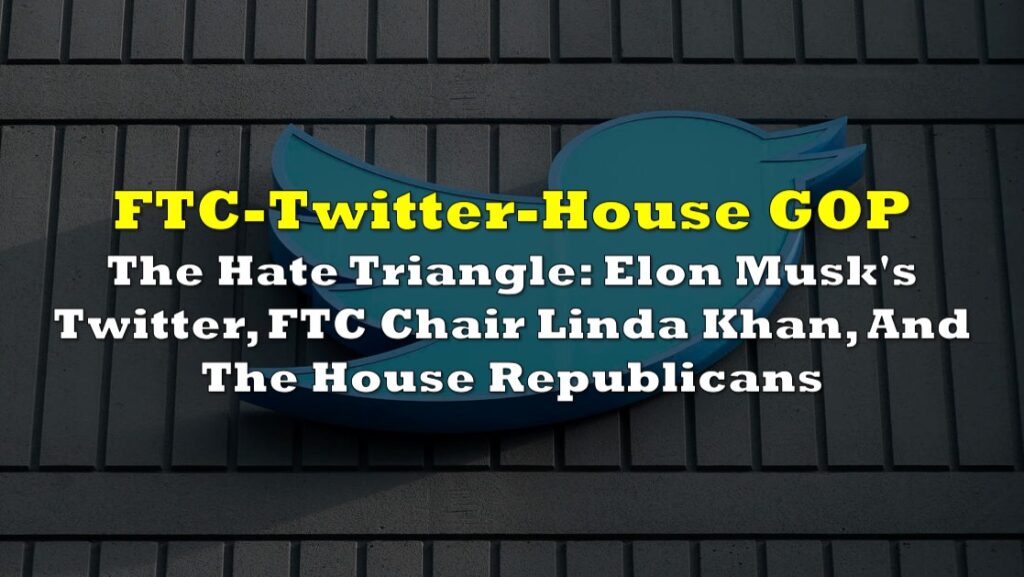Tesla’s (NASDAQ: TSLA) CEO Elon Musk has announced plans to relocate the electric carmaker’s incorporation from Delaware to Texas. Musk’s decision comes on the heels of a significant setback in Delaware’s Chancery Court, which invalidated his $56 billion pay package.
However, legal experts caution that the move may not provide Musk the freedom he seeks, given the unfamiliarity and distinct rules of Texas’ nascent business courts.
Following the Delaware court ruling, Musk took to social media, stating he would, “Move immediately to hold a shareholder vote to transfer state of incorporation to Texas.” Despite the CEO’s determination, legal scholars like University of Nevada law professor Benjamin Edwards urge caution, highlighting that Texas’ business courts will only officially open in September.
Edwards emphasizes that building a reliable legal framework for business disputes takes time and volume, factors that have long favored Delaware. The state’s corporate legal system, established over two centuries, has attracted numerous companies due to its legal certainty. Musk’s potential shift to Texas could unsettle this status quo, as Edwards notes, “Texas law is vaguer.”
While Musk has contemplated relocating Tesla to either Texas or Nevada, the latter being the corporate home of his social media venture, X, legal experts speculate on the implications for Tesla’s corporate governance in Texas. University of Virginia law professor Michal Barzuza suggests that gaining shareholder approval for a move to Texas might be less challenging.
Tesla’s existing headquarters in Austin, Texas, adds a layer of complexity to the decision, as the Lone Star State lacks Nevada’s reputation for shielding corporate leaders from shareholder lawsuits. Corporate lawyer Byron Egan highlights the contrasting perspectives of Texas and Delaware courts, noting that while Texas is sensitive to duty of loyalty, it is less inclined to second-guess business decisions.
In Delaware, the recent court ruling criticized Tesla’s board for failing to provide proper oversight of Musk, while questioning the independence of its members due to close ties with the CEO. Despite Musk’s loss in court, Delaware remains the primary choice for incorporating U.S. companies.
Howdy tax in Texas
With the second-largest economy in the U.S. after California, Texas boasts a robust state gross domestic product of $2.40 trillion in 2022, driven predominantly by the oil and gas industry, alongside contributions from farming, steel, banking, and tourism.
The key to Texas’s economic prowess lies in its favorable business climate. One standout feature is the absence of a business income tax, replaced by a franchise tax applicable to certain businesses. This tax structure offers a significant advantage to businesses operating in the state.
For businesses with revenues under $2.47 million, the tax burden is entirely lifted. Those with revenues between $2.47 million and $20 million pay a modest 0.331%, while larger businesses face a varying rate of either 0.375% or 0.75%, depending on their type. Compared to most states, Texas stands out with extremely low business taxes, coupled with the absence of personal income tax.
This tax landscape translates to a competitive edge for businesses in the state, allowing them to retain more of their earnings. Additionally, the absence of personal income tax serves as a powerful recruitment tool, enabling companies to attract top talent with the promise of more take-home pay.
Unlike income taxes that apply to profits, franchise taxes are levied as a fee for the privilege of conducting business within the state. This tax is calculated on gross receipts, distinguishing Texas as one of only four states with such a system, alongside Nevada, Ohio, and Washington.
Nearly all businesses in Texas are subject to the franchise tax, with exceptions limited to sole proprietorships and specific types of general partnerships. The tax is based on a taxable entity’s margin, offering flexibility in computation methods, including total revenue multiplied by 70%, total revenue minus cost of goods sold (COGS), total revenue minus compensation, or total revenue minus $1 million since January 1, 2014.
Shareholder push
The shareholder sentiment on Tesla’s move is reflected in a drafted shareholder letter, with over 5,800 shareholders and approximately 23.3 million shares expressing support for relocating Tesla’s state of incorporation to Texas.
“The shareholders support unequivocally that Tesla’s state of incorporation is changed from Delaware to Texas, where Tesla is already headquartered. Tesla staying incorporated in Delaware is untenable if
Shareholder Votes will be rescinded,” the letter said.
And I thought the $TSLA shit show couldn’t get worse…
— Haddock (@AnchorInvestor) February 1, 2024
I am sure the board will rush to comply to the overwhelming amount of 0.038% of shares who signed up for this joke. pic.twitter.com/Qp7XZhJlHH
A key aspect of the letter of course addresses the recent decision by a Delaware court to rescind the 2018 CEO compensation plan for Musk. Shareholders view this as a dangerous precedent that could impact shareholders in American corporations at large. The call for a review and potential redesign of the CEO Compensation Plan reflects a desire for clarity and stability in Tesla’s corporate governance.
The new plan introduces tranches requiring Tesla to achieve ambitious performance and market cap milestones. These milestones encompass a range of achievements, from Full Self-Driving (FSD) reaching level 5 autonomy to Tesla Energy meeting annual kWh goals, the next-generation EV platform reaching volume production, and the introduction of Optimus in volume production.
The letter suggests market capitalization milestones tied to Tesla’s overall value, with increments of $500 billion or $1 trillion. Furthermore, the new plan’s tranches are designed to vest shares for Musk in a way that ultimately grants him 25% or more of voting shares.
Information for this briefing was found via Autoblog and the sources mentioned. The author has no securities or affiliations related to this organization. Not a recommendation to buy or sell. Always do additional research and consult a professional before purchasing a security. The author holds no licenses.

